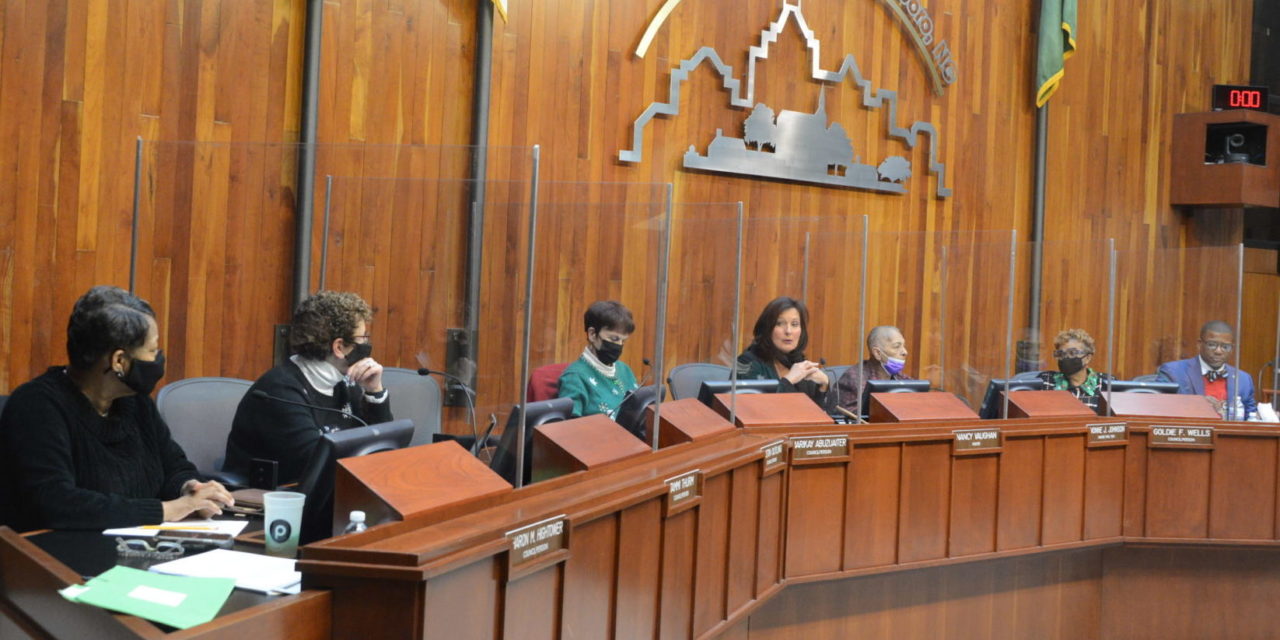Taking a look back at 2021, the biggest story of the year was not what the City Council did, but what it didn’t do.
Members of the City Council didn’t run for reelection. If 2021 had been anything like a normal year, beginning after the budget was passed in June the members of the City Council would have been primarily focused on getting reelected. Councilmembers who average three words a meeting would suddenly start opining on multiple agenda items. In an election year councilmembers often go back and look at campaign promises they had made and desperately try to at least make some progress on them, but not much of that went on in 2021.
Up until 2017, the mayor and city councilmembers were elected to two-year terms.
In 2015, the voters passed a charter amendment to make the City Council less responsive to the electorate and serve four-year terms.
So 2021 was supposed to be the year that voters could make changes to the City Council elected in 2017.
But it was not to be. In April, City Attorney Chuck Watts advised the City Council that legally there was nothing the City Council could do except hold the elections in October and November as scheduled. He said that because the Census data was not available to prove that the city was out of compliance and needed to redistrict, the council didn’t have that option.
Later in April the leaders of the North Carolina legislature indicated that the legislature would not pass any statewide bills concerning redistricting.
However, in June the legislature did just that, postponing the primary in municipal elections in the state where candidates were elected from districts until March 8, 2022.
The City Council, which had decided not to weigh in on its own election, then had a choice to make. The mayor and three at-large councilmembers could be elected in October and November and the five district councilmembers elected with the primary in March.
The City Council voted to hold one election, which meant the primary for all races would be held in March.
After the Census figures were released in September, the City Council appointed a “nonpartisan” committee to do the redistricting. Six of the seven members voted in favor of a redistricting map. The City Council then ignored that recommendation from its much ballyhooed committee and chose a map far more advantageous to sitting city councilmembers that one member of the committee favored.
Filing for the March 8 primary opened on Monday, Dec. 6 and was closed by the North Carolina Supreme Court on Wednesday, Dec. 8 and the primary was delayed until May 17.
At this time, no date for filing to reopen has been set, nor has a date been set for the City Council general election following that primary. It is likely that the date of the City Council general election will be in June or July, but it is also possible that it will be in November, the date of the statewide general election.
So the four-year terms of the members of the Greensboro City Council have been extended for at least six months and perhaps for a year.
According to Wikipedia, in 1874 Greensboro began electing mayors to two-year terms, which would mean the City Council elected to a four year term in 2017 and serving at least four-and-a-half years will be at least longest serving City Council for the City of Greensboro in about 150 years, and most likely in history.


If it’s on the current City Council – vote it to the curb. Use your vote wisely come 2022.
Well, the question is: who is serving who?
Nancy will drag this out as long as she can……. Let us vote and let us vote you out!